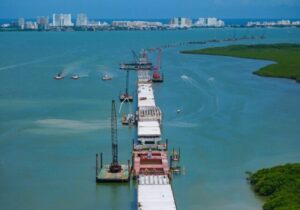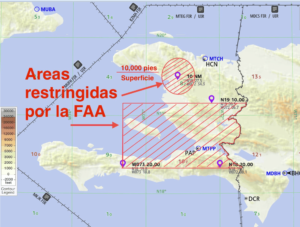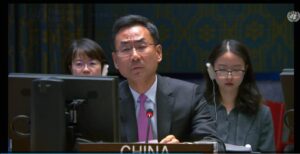Iran buried the late president Ebrahim Raisi this Thursday in an important religious mausoleum in the city of Mashad (northeast), on the third day of massive funerals that included a reception attended by delegations from some 60 countries.
Raisí died on Sunday along with Foreign Minister Hosein Amir Abdolahian and six other passengers in a helicopter accident in the northwest of the country, for reasons that have not yet been explained.
During his mandate, repression against critics, activists and journalists, and especially against women for the lack of wearing the veil, intensified, which caused the largest protests against the Islamic Republic in years and which resulted in 500 deaths.
A huge crowd took to the streets of Mashad today to say goodbye to the 63-year-old ultra-conservative president in a procession that lasted several hours, according to local television.

Three million attendees
The mayor of Mashad, Mohammad Reza Ghalandar Sharif, put the number of attendees at three million, according to the Mehr agency.
After hours of processions, Raisí was buried in the Iman Reza mausoleum, the eighth imam of Shiism, the most important religious site in the country.
Before reaching Mashad, located 800 kilometers east of Tehran, a procession was held in the city of Birjand, of which Raisí was a representative in the Assembly of Experts, the body made up of 88 clerics that elects the supreme leader of Iran. in case of vacancy.
Abdolahian was also buried today, in the Abdul-Azim al-Hassani mausoleum in the city of Rey, neighboring Tehran, while the rest of the deceased were buried in different cities.
Three days of funerals
Today was the third funeral in honor of Raisí and his companions, after those held on Tuesday in Tabriz, the city closest to the site of the accident, and in Qom, a sacred city of Shiism, and yesterday in Tehran.
In the capital, hundreds of thousands of people participated in a procession organized by the authorities, who had called on the population to attend the events and declared a non-working day.
After the procession, a reception was held in which some 60 international delegations paid their respects to Raisí and the other deceased.
Among them, the prime ministers of Iraq, Armenia, Pakistan, Qatar, Azerbaijan, Syria and Georgia stood out, as well as the foreign ministers of Venezuela, Turkey, Egypt, Belarus, Oman, Kuwait, the United Arab Emirates and Sri Lanka.
They were joined by representatives from Nicaragua, China, Russia, Algeria, Serbia and regional Iranian allies such as Hamas, the Houthis of Yemen and Hezbollah.
And on Saturday, one more event will be held at the mausoleum of Imam Khomeini in the Iranian capital, which will be presided over by Iran’s supreme leader, Ali Khamenei, who declared five days of mourning.
Image of strength and continuity
Iran has tried to give an image of strength and continuity with these massive events, given the uncertainty caused by the loss of the president, who was among the favorites to succeed the supreme leader.
His death forces the country to hold presidential elections at a time of great discontent among the population due to social and political repression, in addition to the poor economic situation, which predicts low participation.
The early presidential elections will be held on June 28 and before that the Guards Council must give its approval to the candidates.





